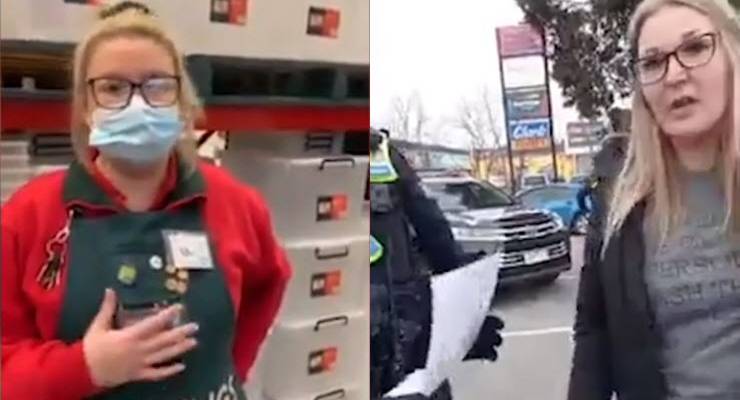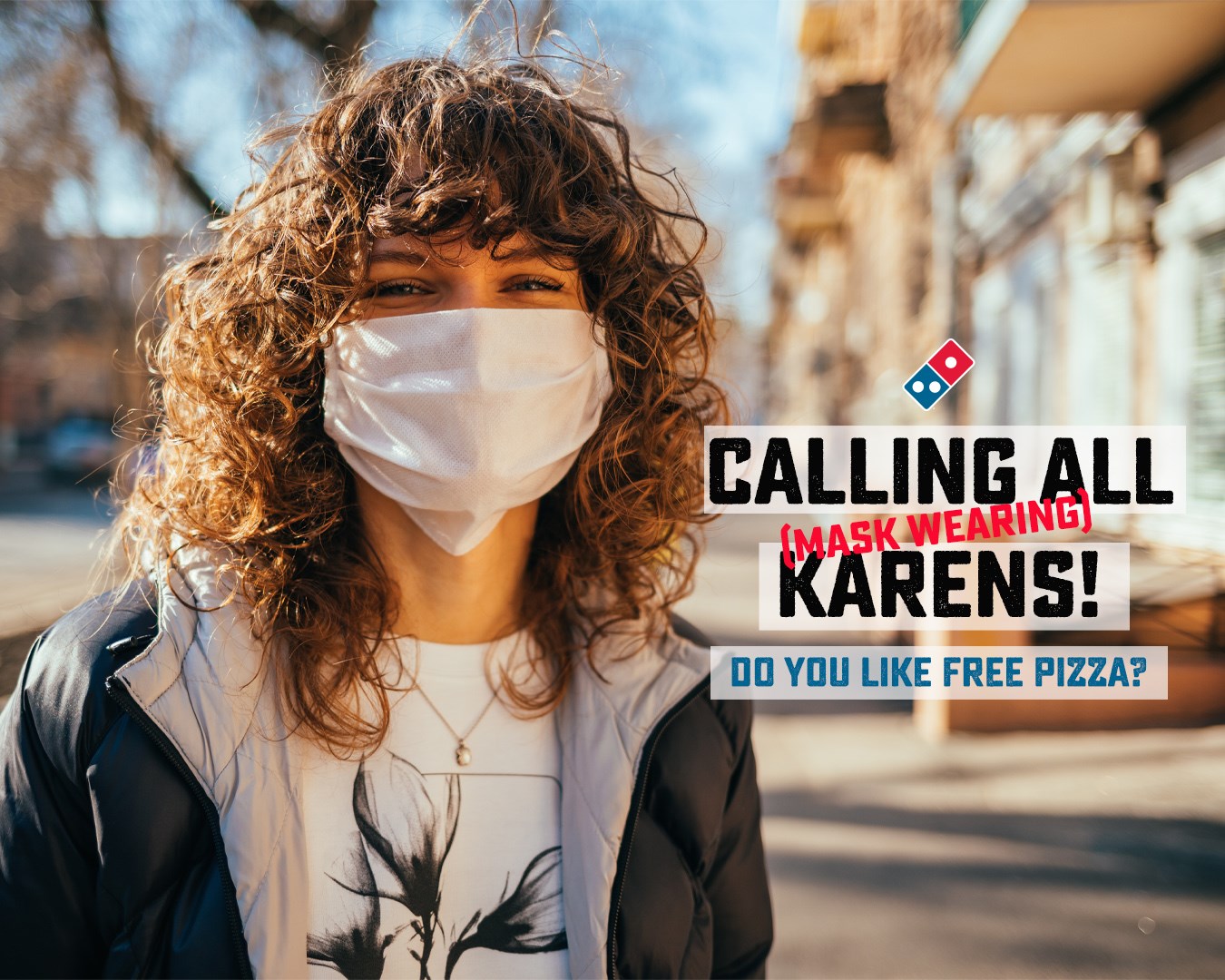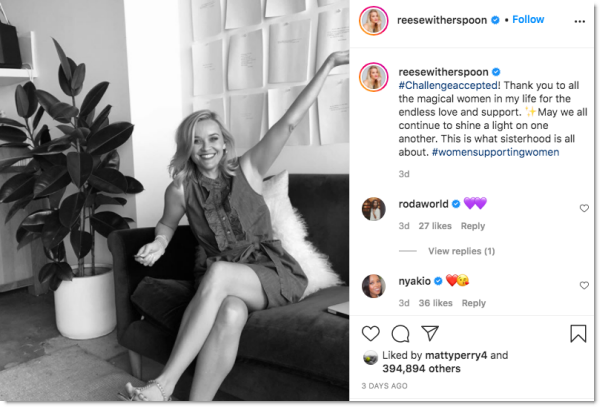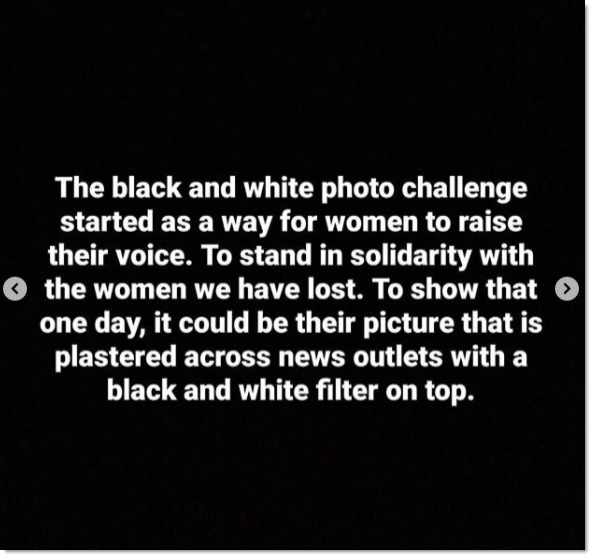
The big trends
As Victoria’s coronavirus case numbers continued to surge this week — the state recorded a staggering 723 cases on Thursday, and 627 more today — debate on the aged care sector and on COVID-19 “rule-breakers” dominated social media.
Aged care sector Currently, more than 900 of Victoria’s active coronavirus cases are in aged care. The crisis has raised serious concerns for vulnerable elderly Australians but also fuelled the blame game over who’s ultimately responsible for the already problem-plagued sector.
COVIDIOTS The term has been used sweepingly throughout the coronavirus pandemic in a rush to place blame on COVID-19 “rule breakers”. This week, that finger was pointed squarely at two teenagers accused of travelling to Queensland from Melbourne and allegedly providing border authorities with false information.
While other COVID-19 rule breakers have been afforded media anonymity, the doxxing of these two young women of colour both online and on front pages begged the question: is it really in the public’s interest for their identities to be known?
#RaiseTheAge
In non-coronavirus news, the hashtag #RaiseTheAge trended across multiple platforms ahead of a meeting between the nation’s attorneys-general to discuss changing the age of criminal responsibility in Australia from 10 to at least 14.
Debate over these laws has been brewing for some time, but the dedicated #RaiseTheAge campaign thrust it back into the spotlight. Disappointingly, a decision to change the law was postponed until at least next year, sparking anger online and many to ask the question: shouldn’t we be better than this?
There was no escaping Karens
This week Karen manifested in the form of an anti-mask shopper who accused Bunnings staff of infringing on her human rights. The dispute culminated in a video that quickly went viral on social media, garnering not only Australian but international media attention. But by mid-week some media were changing how they portrayed Karens. Gone was the exasperating Bunnings Karen, to be replaced instead by the much more palatable #NotAllKarens.

The #NotAllKarens movement focused instead on portraying Karens as a type of misrepresented victim and celebrated the “nice Karens” of the world with everything from good news interviews and even some corporate compassion in the form of free pizzas.
But where did this idea of a “Karen” come from? As many have already reported, it originated in Black American communities, as a means to describe acts of privilege and racism carried out by white women against people of colour.
Unsurprisingly, the irony of Karen’s newfound portrayal as a white victim by parts of Australian media was not lost on many, with the move called out as hypocritical online.
#ChallengeAccepted… but what’s the challenge exactly?
Interestingly, over on Instagram, a similar situation was evolving with the #ChallengeAccepted “campaign”.
The trend appeared very simple. A woman is tagged by one of her followers to post a black-and-white photo of herself and use the hashtag #challengeaccepted before tagging other women to do the same. The challenge was picked up by a number of celebrities over the last week and has since garnered more than 6 million posts on Instagram.

As the trend picked up pace, some pointed out that there seemed to be no rhyme or reason behind the “challenge” at all, although many popular posts used it to share messages about female empowerment. But in recent days, a number of theories about where the trend originated have emerged.
Some linked it back to a Brazilian journalist Ana Paula Padrão who shared a black-and-white photo of herself with the hashtag #womensupportingwomen several weeks ago.
But by far the most popular account of the movement’s origins lies with a campaign that began in Turkey to raise awareness of the increasing number of femicides in the country. That campaign reportedly began shortly after protests broke out in the country over the brutal murder of a 27-year-old woman Pinar Gültekin.

An Instagram post explaining the trend as being a way for Turkish women to raise awareness about violence against women has itself now gone viral. While some Instagram users have since amended or updated their posts to include awareness around violence faced by women in Turkey, much like last month’s #blackouttuesday campaign, the #challengeaccepted trend is another important reminder of the dangers that so-called armchair activism and virtue signalling pose to real fights for change.








Can we please drop the men v women arguement and just all try to get along
Dear Crikey
The Guardian article today (31 July 20) describes the process of testing and
reporting nicely, but misses the real problem – bad forms design.
Form DHA 1320 seems from its heading to be for Covid testing, but
there is nowhere on the form for a doctor to report results of Covid
tests of passengers.
So it was not the Department of Home Affairs operations officer who confused the results.
The problem was DHA approving and deploying a dud form.
If the officer had training in medical terminology, he might have
queried whether the results in the last column applied to Covid. That
may explain why the excuse from DHA all along has been the puzzling
“our staff are not medical experts”.
https://www.theguardian.com/australia-news/2020/jul/30/ruby-princess-passengers-let-off-ship-after-border-force-officer-confused-flu-and-coronavirus-test-results
regards, Roger
Re; Covidiots – Viki Gerova’s Social Watch.
In keeping with NOT being so blatantly racist and discriminatory, perhaps your author should refrain from doing so when she said that “these two young women of colour” breached health restrictions.
Why is it relevant that someones colour should be highlighted? Would she have gone on to say they were virgins or not, married or not, employed or not, dole bludgers or not, members of the High Court or not, SC’s or not, recent arrivals or not? No, because those monikers are irrelevant to the basis of the story.
They were very naughty young women and should not have been identified in any way save their age and sex.
And your editors and sub-editors should be non-discriminatory too and have picked up this error before publication.
Shame on you Crikey for perpetuating such stereotypes – this is what we expect from the Murdoch rags, not you. Rise above such trash talk please.
In a world undergoing so massive a change to every aspect of that which was once regarded as normal, this week’s Creakys have been some of the weakest, most irrelevant & pointless pretences at news/journalism that I have seen.